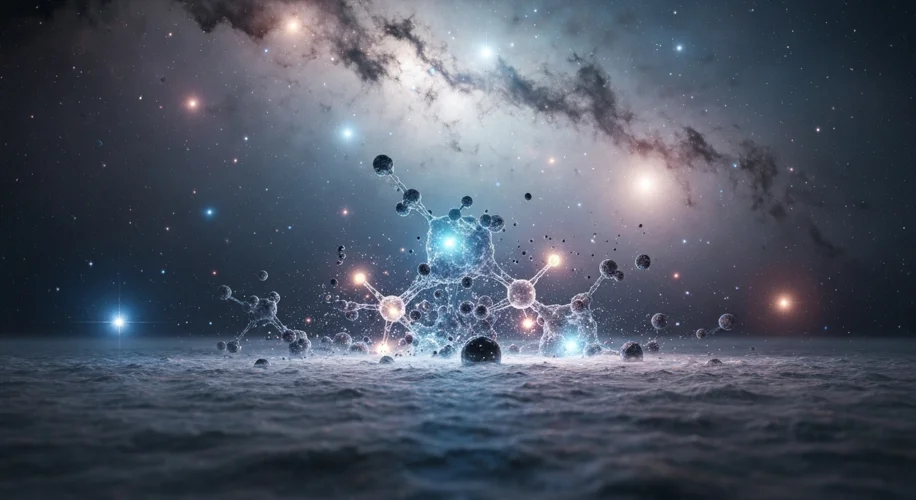Did you know that scientists are getting really good at playing cosmic chemist? On August 5, 2025, a fascinating announcement came out: researchers have managed to recreate the very first chemical reactions that happened in our universe. This isn’t just a neat parlor trick; it’s giving us a brand new look at how the early cosmos came to be.
Think back to right after the Big Bang. It was a super hot, super dense place. For a while, it was just energy and fundamental particles zipping around. But as things cooled down, things started to stick together. The very first chemical bonds, the bedrock of everything we see today, began to form.
For a long time, our understanding of these initial moments was based on complex computer simulations and theoretical models. We knew that hydrogen and helium were the main players, and that under extreme conditions, they could interact. But actually doing it in a lab? That’s a whole different ballgame.
What’s so exciting about this experiment is that it’s moving beyond theory. By recreating the specific temperature and pressure conditions of the early universe, scientists can observe these primordial reactions happening firsthand. This allows them to test and refine our cosmic models. It’s like going from reading a recipe to actually tasting the dish!
What does this mean for us? Well, understanding these first chemical reactions helps us understand the fundamental building blocks of the universe. It sheds light on how the first stars and galaxies might have formed. It’s a step towards answering some of the biggest questions: How did we get here? What is the universe made of at its most basic level?
This kind of work is why I’m so passionate about science. It’s about peeling back the layers of the universe, even those from billions of years ago, to understand the intricate dance of matter and energy. It reminds us that even in the grandest cosmic scales, the basic rules of chemistry are at play. It’s a testament to human curiosity and our drive to understand our place in the vastness of existence.

